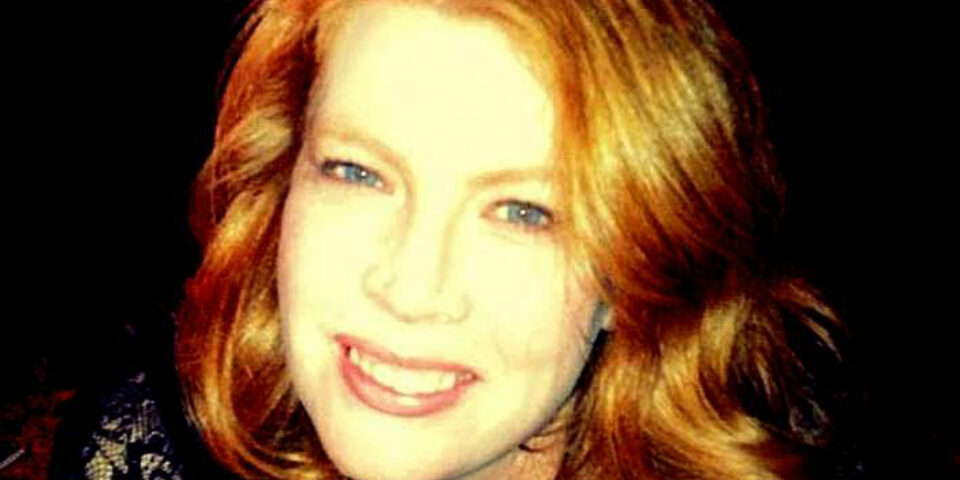I am someone who strives to be defined by more than who I am in relation to another individual. I am more than a mother, more than a wife, more than a sister, more than a woman. I am a human. As such I believe in equal treatment to all individuals regardless of race, gender or sexual orientation. I come late to the support of Ordain Women partly because when I first heard about them I was indifferent. Indifferent not because I didn’t see the lack of equality or see the need to address some issues regarding women in the LDS Church, but because I was unsure if my support would make a difference. My experience with the Church taught me that a woman’s voice carries very little weight.
I have followed the typical Mormon women’s journey in life. Temple marriage, returned missionary husband, dropped out of college to raise kids and served faithfully in church assignments. My favorite time in the church was while I served as the Young Women’s President. I loved helping those girls form opinions about themselves and the world through the lens of the gospel. It was in this calling I felt my voice had a place and was heard.
I recently enrolled in college to finish a degree I started many years ago. I was given an assignment to pick a controversial subject in the news that I wasn’t passionate about, form an opinion and write a research paper on that subject. I quickly decided to study the Ordain Women movement and to follow the April 5th General Conference Priesthood Session request and the resulting outcome. I wanted to make an informed, educated decision on my thoughts for supporting Ordain Women. Through my research I came to the conclusion that the ordination of women to the priesthood is necessary for equality to exist in the LDS Church. I was fascinated by the historic precedence set by Joseph Smith in instructing women to bless the sick. The early doctrines of the Church point to the larger role women once held in participating in what today we call priesthood ordinances. I learned that it was in 1946 that Joseph Fielding Smith outlined church policy to restrict women from participating in ceremonial healing blessings. The only remnant that remains of women’s authority to bless today is found in the washing and anointing ceremony performed by women, for women in the temple. It became clear to me that church policy is all that stands in the way of female ordination. Policy has been changed in the past to suit the Church’s needs, it can be changed again.
I have wanted to add my voice and profile to the Ordain Women website for some time now but have procrastinated to let my thoughts stew. Today as I read news of the church council called on behalf of Kate Kelly, I knew my profile must be submitted. I must stand in solidarity with the brave sisters who have stood before me. If church discipline comes my way, so be it. I welcome the conversation that is to come as more people stand and ask for previous blessings to be reinstated to the sisters of the Church. I believe that women should be ordained.








